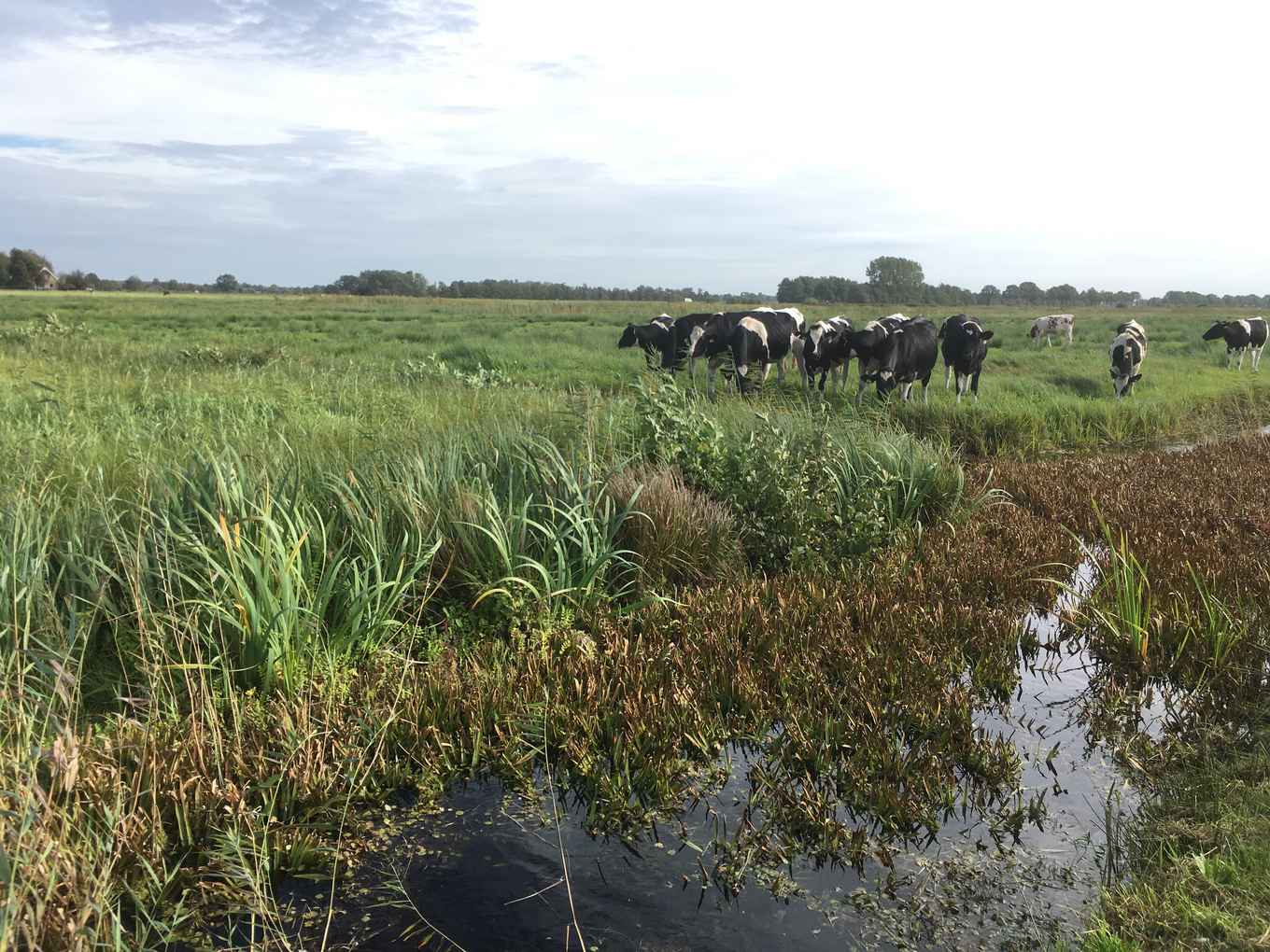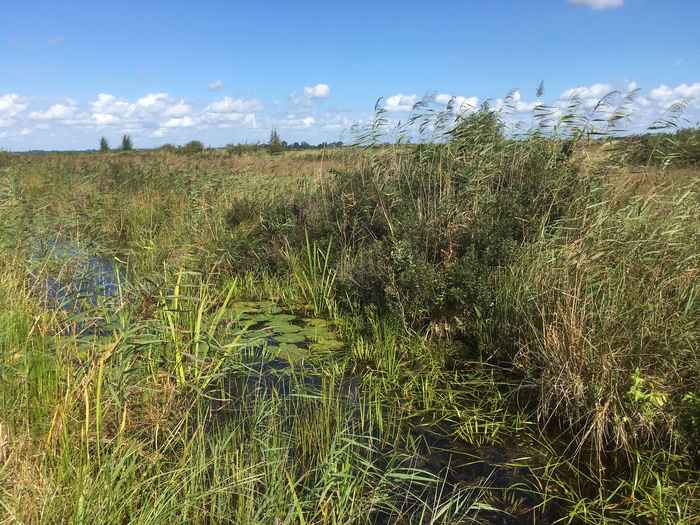Eutrophication turns aquatic omnivores into vegetarians
21 January 2021

The nutrient crisis
Human activity, in particular intensified agriculture, has dramatically increased the inputs of nitrogen and phosphorus into surface waters. Nutrient inputs are especially high in the Netherlands with its intensive land use, as illustrated by new environmental policies related to the Dutch ‘nitrogen crisis’ (in Dutch known as the ‘stikstofcrisis’). In many aquatic ecosystems, high nutrient loads result in excessive growth of plants and algae including harmful algal blooms, often accompanied by major biodiversity losses.
Another well-known effect of nutrient enrichment is that it enhances the nitrogen and phosphorus content in the tissues of water plants and algae, which often increases their nutritional quality as food for potential herbivores. This may affect the structure and functioning of aquatic food webs, but how exactly is not yet fully understood
Shifting diets
Aquatic ecologists from the Institute for Biodiversity and Ecosystem Dynamics (IBED) of the University of Amsterdam and Wageningen Environmental Research investigated how nutrient enrichment alters species interactions in aquatic food webs. They studied a long ditch, running from a nature reserve into the fertilized fields of an agricultural area, which provided a pronounced spatial gradient from low to high nutrient levels.
The study focused on the invertebrate animals living in ditches and other aquatic ecosystems, such as snails, leeches, backswimmers, water beetles, and larvae of a variety of insects including midges and dragonflies. Some of these invertebrates are thought to be strict herbivores or strict carnivores, whereas several other species are omnivores that can feed on both plant and animal material.

Interestingly, the study found that the omnivorous species fed mostly on animal material in the nutrient-poor waters along the nature reserve, but shifted their diet to plant material in the nutrient-rich waters along the agricultural fields. ‘To our astonishment, several omnivorous species behaved like flexitarians, eating more vegetarian food when this becomes more nutritious’, says lead author Gea van der Lee, who conducted the research as part of her PhD study at the University of Amsterdam.
The adaptive value of this dietary change is obvious. In nutrient-poor waters, nutrient contents of algae and aquatic plants are low, and animals can achieve high nutrient intake rates only by feeding on other animals. Conversely, in nutrient-rich waters, a herbivorous diet may provide access to a high abundance of food of sufficient nutritional quality.
An important implication of this striking change in the diets of omnivores is that it may alter the entire structure of aquatic food webs. That is, many aquatic invertebrates behave as animal predators in nutrient-poor waters, whereas grazing on plants and algae becomes a more popular feeding mode in nutrient-rich waters. Whether these changes also have repercussions for other species in the food web, such as fish, is still an open question.
Publication details
Gea van der Lee, J. Arie Vonk, Ralf C.M. Verdonschot, Michiel H.S. Kraak, Piet F.M. Verdonschot and Jef Huisman: ‘Eutrophication induces shifts in the trophic position of invertebrates in aquatic food webs,’ in Ecology (2021). https://doi.org/10.1002/ecy.3275